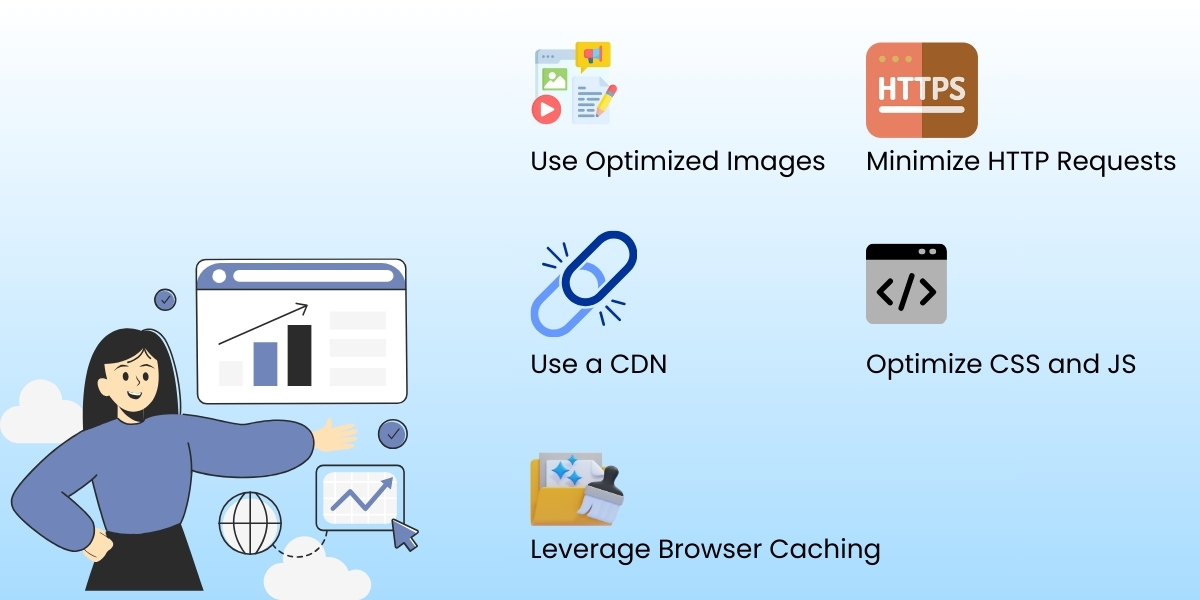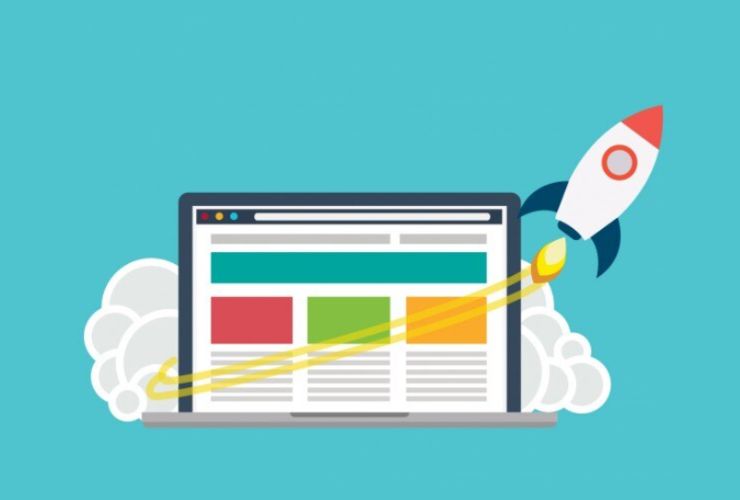The Importance of Page Speed in Google’s Algorithm has never been greater. It’s no longer a nicety to have a fast-loading website in this highly competitive world of online business, where digital consumers are becoming more impatient by the day. Page speed has now emerged as one of the key factors determining how well your website ranks on Google. In this blog, we will discuss why page speed matters so much in Google’s algorithm and how you can improve your site’s performance to increase visibility and results.
Why Page Speed Is Important
1. Experience Counts
Often, the first impression a user has of your site depends on how quickly it loads. According to research, Google’s Algorithm, users expect a webpage to load in under three seconds. If it takes longer, they will probably leave your site in frustration. A slow-loading page can lead to high bounce rates, which signals to Google that your site may not provide a satisfactory experience, negatively impacting your rankings.
2. Page speed as priority by Google
Now, Google had set its target on the objective of improving the user experience. Having said this, page speed had to be improved by Google. Three specific metrics have recently emerged with the newly released Core Web Vitals that appeared in 2021. These metrics include Largest Contentful Paint (LCP), First Input Delay (FID), and Cumulative Layout Shift (CLS). Through these, three metrics study the performance in load time, interaction time, and visual stability of sites, which normally achieve higher ranks over their competitors in search results.
3. Mobile-First Indexing
Because of the fact that mobile browsing has surpassed the internet these days, Google became a mobile-first indexing. Meaning primarily that Google will use mostly the mobile version of your website for ranking purposes. And if your mobile version of the website takes long time to load, then there is a potential chance that your rankings could go down and hence your possible visitors. To maintain an edge, your mobile site must be fast and responsive.
4. Conversion Rates
An unoptimized website is most likely to slow down your conversions. The longer the webpage takes to load, users are less likely to stay and engage with your pages or complete a purchase transaction. Optimizing page speeds not only enhances the visitor experience but also improves opportunities for converting visitors into leads.
5. Competitive Advantage
Competition in the present digital world is really tight. A fast-loading website may make you outpace your competitors who have the perception of being slow in this area. If there are potential customers who see the fact that your site loads fast, then they will most likely opt for your services or products rather than the services or products of your competitor.
How to Improve Page Speed
1. Optimize Your Images
Images can be one of the largest contributors to slow page speeds. The compression of images and choosing the right formats can greatly reduce loading times. Tools like TinyPNG and ImageOptim will compress images without losing quality.
2. Reduce HTTP Requests
All the elements in a webpage images, scripts, and stylesheets need to make HTTP requests. Optimize speed by having fewer requests. To achieve this, one could have less file combination by making use of CSS sprites, less usage of many plugins.
3. Take advantage of Browser Caching
This is a system in which parts of your website are held locally by the browsers of the visitors. Thus, the second time they come to your website, it loads faster. You can do this through your web server or use a plugin, depending on the type of platforms on which you are based-for instance, WordPress.
4. Use a Content Delivery Network (CDN)
A CDN distributes your website’s content across multiple servers around the world. When users access your site, they are served from the nearest server that can significantly reduce loading times. Consider using services like Cloudflare or Amazon CloudFront to implement a CDN.
5. Minify CSS and JavaScript
Minification of CSS and JavaScript files compresses its size by removing unnecessary spaces, comments, and characters. There are many tools and plugins that you can use to automate this process so your site can load faster.
Conclusion
In simple words, page speed is one of the fundamentals of Google’s algorithm. It will have a huge impact on user experience and search rankings and conversion rate. As a user, patience online has really run thin; hence your site has to be fast enough. By optimizing the speed of your website, you enhance the usability of your site and thereby increase your chances of visibility through search engines, which helps pave the way for more traffic and success.
Boost your Google rankings with optimized page speed.
Empirical Edge enhances your site performance and Core Web Vitals to improve search rankings, user experience, and conversions.
Frequently Asked Questions
Google uses page speed as a ranking factor because faster pages deliver better user experience, lower bounce rates, and more engagement.
Faster page speed improves search rankings, mobile performance, and core web vitals — all factors Google considers when ranking pages.
Slow loading pages lead to higher bounce rates, lower engagement, and reduced conversions.
Yes — local search results benefit from fast loading sites, especially on mobile.








